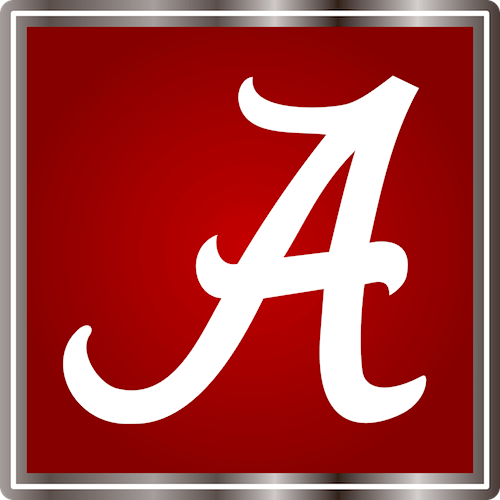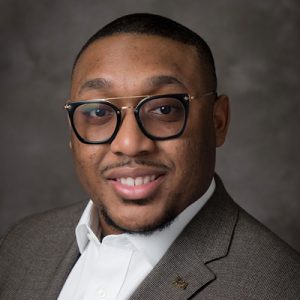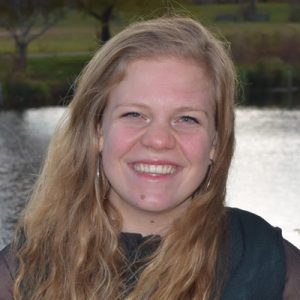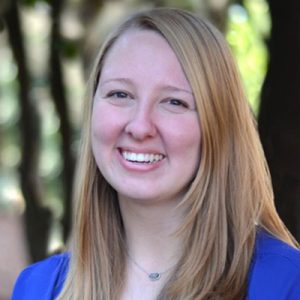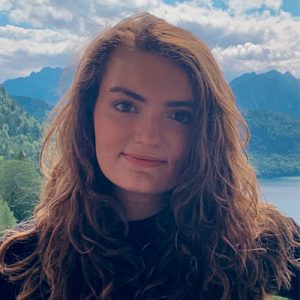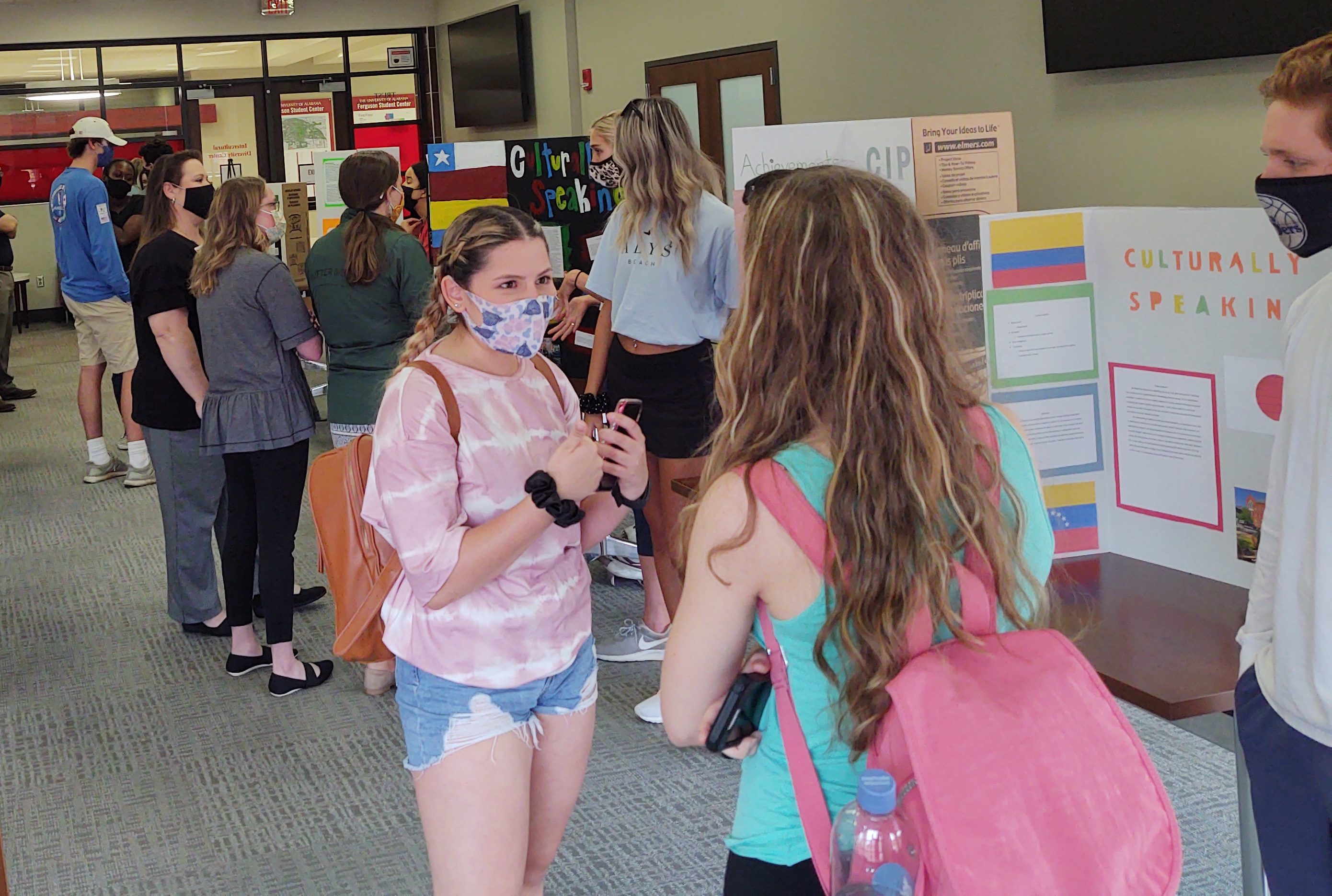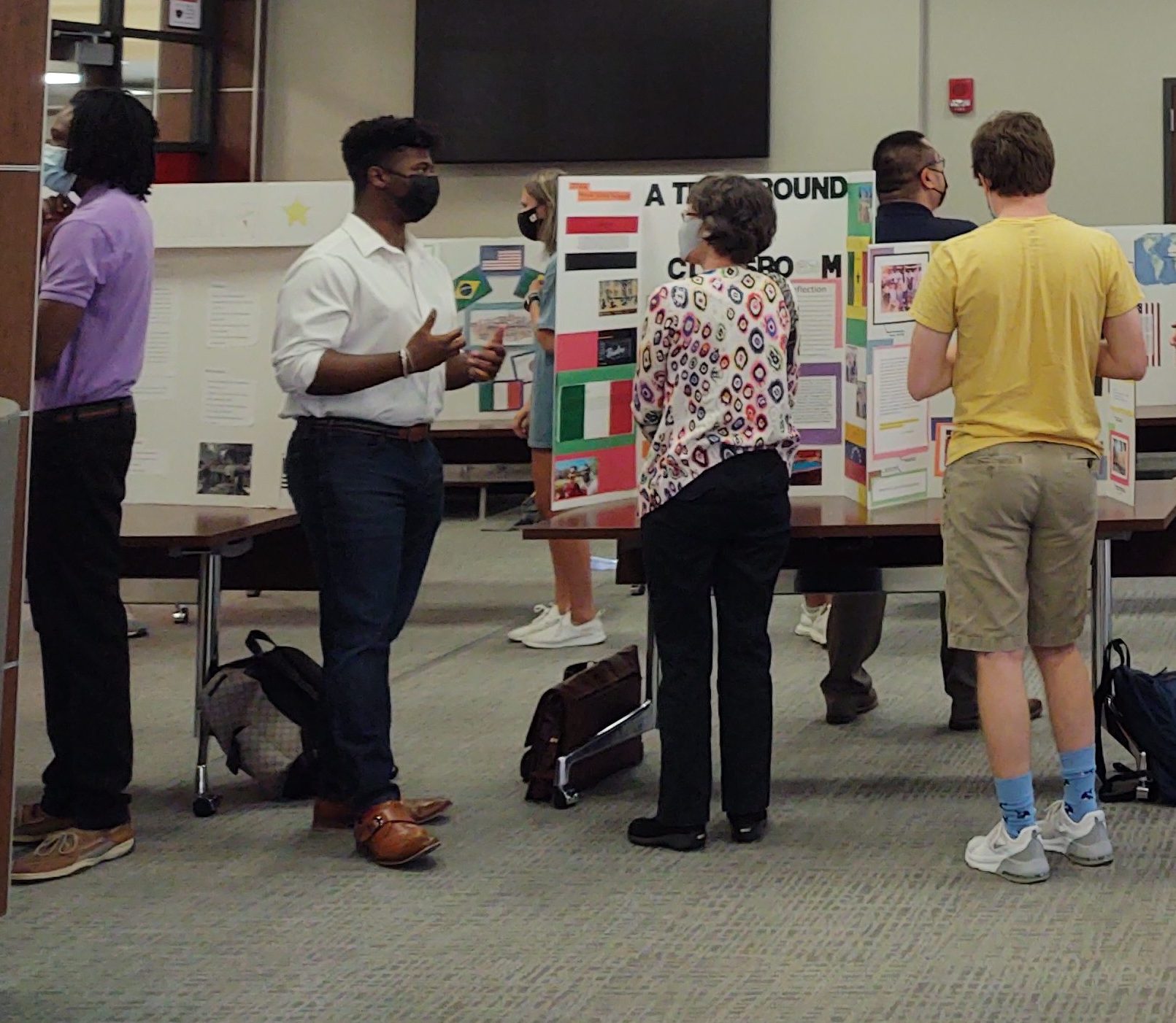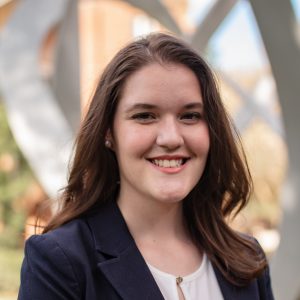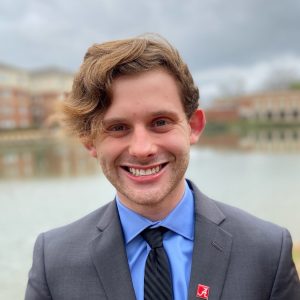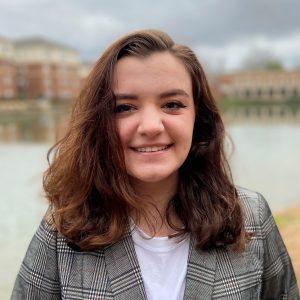UA Students Win Fulbright Awards for 2021-2022
- May 13th, 2021
- in International Main
TUSCALOOSA, Ala. – A University of Alabama student has received a Fulbright Student Research Award and three students have won Fulbright English Teaching Assistantship Awards for the 2021–2022 academic year.
Fulbright is the most prestigious U.S. international exchange program, offering opportunities for students, scholars and professionals. The Fulbright Award of the U.S. Department of State offers one-year grants for independent study and research and for English teaching assistantships overseas.
The highly competitive program selects approximately 1,500 award recipients from more than 11,000 applicants each year. UA has received national recognition as a Top Producing Institution for Fulbright U.S. Students for five of the last six years.
In addition to this year’s winners, five UA Fulbright Student Award recipients from last year who had their awards delayed as a result of COVID-19 conditions in their host countries are expected to have an opportunity to serve in 2021–2022 as health conditions improve and travel restrictions ease.
“During a year of extraordinary challenges, every Fulbright student applicant and their faculty and staff advisors rose to those challenges by demonstrating a commitment to the vital work of advancing intercultural understanding throughout the world,” said Dr. Teresa Wise, associate provost of international education and global outreach. “No matter the circumstances, UA remains steadfast in providing such global learning opportunities to all of our students. We congratulate our 2021–2022 awardees and alternates, as well as those from last year who will now begin their Fulbright experience after a delay due to the ongoing pandemic.”
2021-2022 Fulbright Student Research Award recipient:
- Malik Seals, of Columbus, Mississippi, received a Fulbright Award to research “Pregnancy and Multiple Sclerosis: Investigating Nature’s Immunosuppressant” at Charité Universitätsmedizin Berlin in Berlin, Germany. A 2020 UA Honors College graduate in biological sciences, he has been honored with the Algernon Sydney Sullivan Award and membership in Alpha Phi Alpha Fraternity Inc., Anderson Society, Jasons Senior Men’s Honorary, Omicron Delta Kappa, Alpha Epsilon Delta and Black Student Union Hall of Fame, and served as president of the National Pan-Hellenic Council. He is currently a graduate student in immunology at the University of Alabama at Birmingham where he is an Albert Schweitzer Fellow.
Fulbright English Teaching Assistantship Awards offer U.S. students the opportunity to serve in an English classroom overseas assisting the teacher and exchanging culture with the people of the host country. The 2021–2022 recipients are:
- Lindsey Drost, of Holland, Michigan, an experienced English Language tutor and Spanish educator in the Tuscaloosa City Schools and a UA English Language Institute conversation partner. Drost graduated summa cum laude with a BA in German and Spanish and received awards for excellence in German and the best essay in Spanish. Currently enrolled in UA’s master’s program in education, she was selected to teach in Germany.
- Logan Fenhouse, of Lombard, Illinois, a Blount Interdisciplinary Scholar in the liberal arts, former leader of Beyond Bama Alternative Breaks, Spanish interpreter at Maude Whatley Health Center and mentor with experience tutoring all ages. A 2020 summa cum laude Honors College graduate with degrees in Spanish and interdisciplinary studies and fluency in Spanish, she was chosen to teach in the Canary Islands of Spain.
- Natasha Stevanovich, of Washington, Michigan, a Delta Phi Alpha German Honor Society and Omicron Delta Kappa Honor Society member, UA German Club President, Outstanding Service in German award recipient, Model United Nations Club member, Tuscaloosa County Schools ESL Tutor and UA English Language Institute conversation partner. A 2021 Honors College graduate in German and psychology with a minor in creative media with study experience at Humboldt University in Germany and advanced fluency in German, she was selected to teach in Germany.
In addition, four UA students were awarded alternate status for 2021-2022. They will be invited to serve should more openings become available.
UA alternates include Michael Fisher (Germany), Matthew Southern (Spain), Chynna Swann (Thailand) and Katie Tindol (Malaysia).
The 2020-2021 Fulbright English Teaching Assistantship Award recipients who are expected to travel along with this year’s cohort include Camille Constance Nealey Carr (Colombia), Isabella Rose DeSheplo (Bulgaria), Robert “Chad” Hankins (Germany), Katherine Lightfoot (Germany) and Ian Samlowski (Germany).
“Our campus is proud of these exceptional student leaders in international engagement,” said Dr. Beverly Hawk, director of global and community engagement at the Center for Community-Based Partnerships. “We appreciate the dedicated faculty, staff and administrators who worked with our students on applications for these awards.”
UA Fulbright advisers Megan Wagner, Dr. Matthew Feminella and Dr. Beverly Hawk help students polish applications for success in the national Fulbright competition each year. Students with an interest in applying for next year’s Fulbright program can learn more at https://international.ua.edu and https://us.fulbrightonline.org, or email fulbright@ua.edu.
Contact: Bryant Welbourne, UA Strategic Communications, bryant.welbourne@ua.edu
